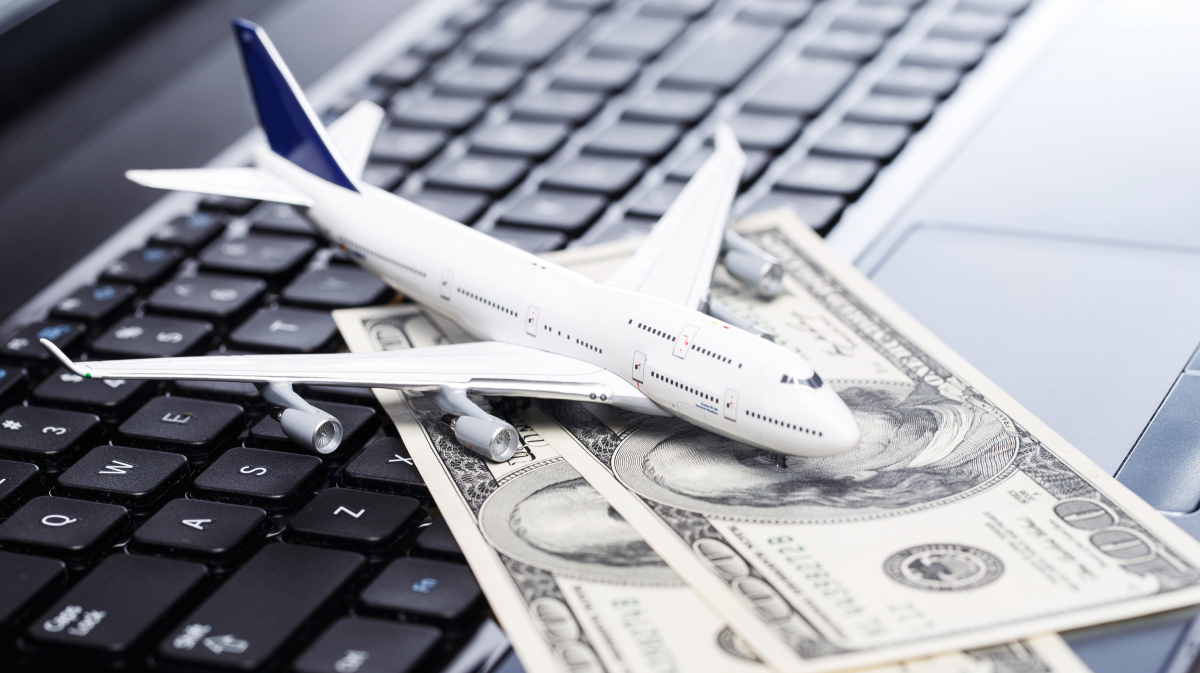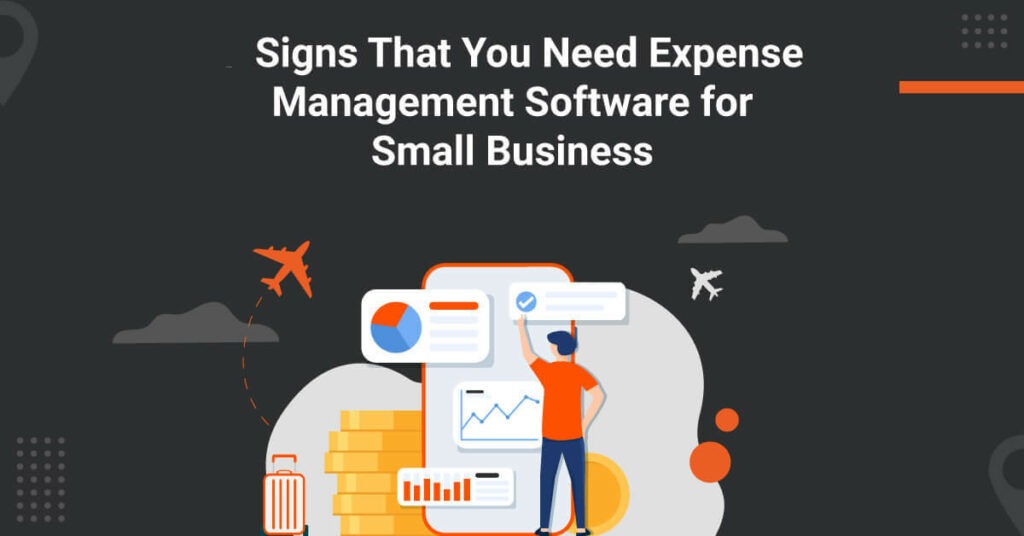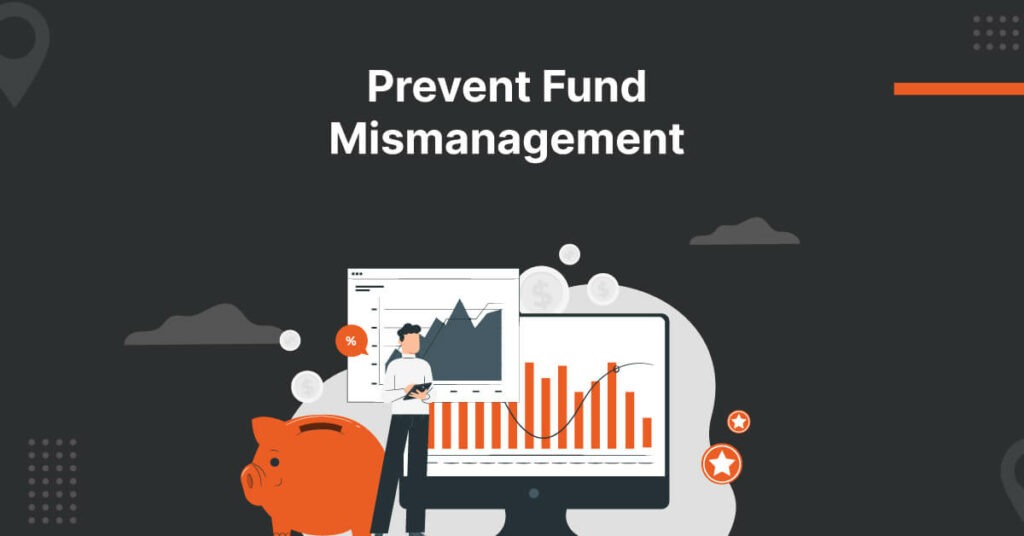
Companies can easily fall prey to credit card scams through various channels involving employees and hotels. Employees on business trips might misuse company credit cards for personal expenses, submitting false receipts for reimbursement. Hotels may also overcharge for services and add unauthorized fees, leading to hotel payment fraud.
According to a report, 60% percent of U.S. credit card holders have experienced fraud, with 45% falling victim multiple times. Such scams can lead to money loss, damage the company’s reputation, and strain business relationships. Preventing these scams is crucial to maintaining financial integrity, ensuring accurate expense reporting, and upholding trust with partners and employees.
This blog focuses on some precautions you can take to prevent fraud in pay at hotel payments.
What is Pay at Hotel Payment Fraud?
Pay at hotel payment fraud occurs when someone uses a stolen or fraudulent credit card to pay for a hotel stay at check-in or check-out. This can be caused by card information theft or by using fake or lost cards.
This type of fraud can be expensive for the hotel and the cardholder. Here’s a breakdown of the consequences:
- For the Hotel: If the hotel processes a fraudulent payment, they may be liable for the charges and face additional fees.
- For the Cardholder: If the cardholder hasn’t reported their card lost or stolen, they could be held responsible for fraudulent charges. Even if they aren’t held responsible, dealing with the aftermath of fraud can be a hassle.
Scenario of a pay at hotel payment fraud scenario in business travel- On a business trip, Sarah checks in late after a long flight. Exhausted, she hands over her corporate card without noticing the receptionist swiping it twice. Later, Sarah discovers a duplicate charge for a luxury suite at a different hotel across town. A scammer, working with the receptionist, used the second swipe to steal card details for a later fraudulent booking. Now, Sarah faces explaining the charge to her company and dealing with a potential investigation. The hotel, too, risks losing the chargeback and damaging its reputation.
Credit card fraud at hotels occurs when they engage in dishonest practices to deceive customers, leading to financial loss or unauthorized charges. Here are five examples:
1. Double Charging
The hotel charges the customer twice for the same stay or service, intentionally or through “system errors.” For instance, customers might find duplicate charges for the same night’s stay on their credit card statement.
2. Phantom Charges
Add extra charges for services or amenities the customer did not use, such as minibar items, pay-per-view movies, or room service. Customers may not notice these small, unauthorized charges until they review their bill in detail.
3. Fake Cancellation Fees
Charging customers for cancellations even when the cancellation was made within the hotel’s stated cancellation policy. Sometimes, hotels may claim they never received the cancellation request or that it was made too late, even if it wasn’t.
4. Unauthorized Upgrades
Upgrading a customer’s room or adding additional services without their consent, then charging them for the higher rate or extra services. For example, a customer might be told they were “upgraded” to a better room, only to find out later they were charged for it.
5. Credit Card Skimming
Hotel staff members might use skimming devices to copy customers’ credit card information during check-in or payment processes. This data can then be used for fraudulent transactions or sold to third parties.
To protect against these types of fraud, customers should always review their bills carefully, keep records of all transactions and communications with the hotel, and promptly dispute any unauthorized charges with their credit card company.
What Can Go Wrong While Sending Credit Card Authorization to Hotels?
1. Using High-Limit Corporate Cards for Hotel Bookings
Many companies send their regular corporate credit cards to hotels, which often have high spending limits. If these details fall into the wrong hands, it can lead to fraudulent charges or misuse.
2. Unrestricted Access to the Authorization Form
Once you send a CCA, you lose control over who can see it. In many cases, multiple hotel staff members may have access to the document, including those who don’t need it. This increases the risk of unauthorized usage or leaks.
3. Form Can Be Misused After Checkout
Some hotels may store the credit card details even after the guest has checked out, making it possible for unauthorized charges to be made later. Without specific usage restrictions, the hotel could charge additional amounts without approval.
How to Handle Fraud Risks While Sending CC Authorizations to Hotels?
1. Use Virtual or One-Time-Use Cards
When a virtual card is created, it is pre-loaded with a specific monetary value, approved by managers that cannot be exceeded by the user. This makes it a more secure alternative to traditional corporate credit cards, which typically have limits far beyond their intended use.
2. Implement Custom Spending Restrictions
Businesses are turning to virtual cards because they allow managers to set specific spending controls. These include:
- Limiting transactions to certain merchant category codes (e.g., only hotels and airlines).
- Restricting use to approved geographical locations (e.g., a specific country or city).
- Setting custom expiry dates to ensure the card is only charged within a certain timeframe (e.g., for the duration of a trip).
3. Restrict Access to the Credit Card Form
Before sending the authorization form, confirm who at the hotel will access it. Ensure that only the hotel’s finance or reservations team handles the card details. If possible, encrypt the form or use a secure, password-protected method to send it.
4. Set Clear Usage Limits on the Form
Clearly mention the exact amount the hotel is authorized to charge and specify that the card cannot be used after checkout. Some hotels may require a pre-authorization hold, so define a maximum hold amount to prevent excessive blocking of funds.
5. Confirm Card Removal After Stay
Ask the hotel to delete or remove the card details from their records immediately after checkout. Some corporate travel management solutions offer automated reconciliation to ensure the card is not used beyond the approved charges.
6. Monitor Transactions in Real-Time & Initiate Chargebacks if Needed
Use a centralized payment system that allows real-time tracking of credit card transactions. This ensures that any suspicious or unexpected charges can be flagged and disputed immediately.
In the unlikely event that a virtual card is used outside of its intended purpose, businesses can instigate a chargeback just as they would for traditional credit card purchases. This provides an extra layer of security and peace of mind for finance teams.
9 Preventative Measures to Reduce Risks of Pay At Hotel Payments Fraud
Here are some prevention methods:
1. Choose a Reputable Hotel
Selecting hotels with strong security protocols is crucial in protecting payment information. Reputable hotels often have robust cybersecurity measures, such as secure payment gateways and data encryption, to protect guests’ financial details. They are also more likely to comply with industry standards and regulations for data protection.
Companies can assess the hotel’s reputation by checking customer reviews, ratings, and certifications. Additionally, opting for hotels that are part of well-known chains can provide an extra layer of security, as these establishments are generally more vigilant about implementing and maintaining strict security protocols to protect their guests and their information.
2. Use Virtual Credit Cards
Virtual credit cards provide a unique card number for each transaction. It cuts hotel payment fraud risk significantly. Each card has a specific limit, matching the exact hotel booking amount. This reduces financial exposure compared to using a large corporate card limit.
They offer added security features like real-time transaction monitoring and instant card deactivation. These cards can also expire after a single transaction or a set period, preventing unauthorized use. Using virtual credit cards ensures secure and traceable transactions. Therefore boosting payment security for corporate travel.
3. Get Receipts for Services
Request detailed receipts for hotel services like room service and spa treatments. Verify each receipt upon receipt to ensure accuracy and prevent unauthorized charges. Keep receipts organized to quickly address discrepancies with hotel staff if necessary.
This practice helps safeguard your business travel expenses and ensures transparency in your transactions during your stay.
4. Document Room Condition
You must document the room’s condition with photos or videos upon check-in and check-out. it is important to protect against false damage claims. These records provide evidence of the room’s state, including any existing damages or issues.
This way, you can dispute any wrongful charges for damages that may have happened before or after your stay. It ensures a transparent and fair resolution in case of disputes with the hotel management.
5. Avoid Public Wi-Fi for Transactions
Avoid using public Wi-Fi for any online transactions or communications with the hotel. To safeguard against identity theft and credit card skimming. Public Wi-Fi networks can be risky because they’re vulnerable to cyber threats. It’s safer to use secure, private networks instead. These networks encrypt data.
So, sensitive information like credit card details stays safe from unauthorized access. Prioritizing secure networks lowers the risk of hotel payment fraud and keeps your financial transactions confidential while you’re traveling.
6. Use Contactless Payments
Contactless payments like Apple Pay, Google Pay, and Samsung Pay are secure and convenient. They use NFC technology for transactions without physical contact or card swiping. Data transmitted during these payments is encrypted, making it hard for fraudsters to intercept or steal payment info.
Plus, contactless payments often use biometric authentication. It can be like fingerprint or facial recognition, for added security. Encouraging the use of contactless payments helps companies lower credit card fraud at hotel risks and ensures a safer, smoother payment experience for travelers.
Suggested Read:
How do itilite Corporate Card works?
7. Set Up Transaction Alerts
Setting up transaction alerts on your credit card is a proactive way to monitor and respond to potential hotel payment fraud swiftly. By enabling these alerts, you receive instant notifications via email or SMS whenever a transaction occurs on your card. This real-time monitoring allows you to promptly verify charges and identify any unauthorized transactions.
Taking immediate action, such as contacting your credit card issuer to report suspicious activities, helps mitigate the impact of fraud and ensures that unauthorized charges are addressed promptly, protecting your finances and personal information.
8. Double-Check Suppliers
Verifying the legitimacy of suppliers is crucial for preventing hotel payment fraud. You should carefully check hotels and service providers before booking. This includes verifying their licenses, reading reviews online, and using tools like Google Street View to confirm their location.
You can avoid scams and fraud by ensuring suppliers are legitimate and trustworthy. It’s also wise to regularly update your supplier list based on feedback and performance to maintain reliable partnerships. These steps help ensure safe accommodations for travelers and protect your company’s finances.
9. Partner with a Travel Management Company (TMC)
Partnering with a Travel Management Company (TMC) can greatly reduce the risk of fraud in hotel payments for corporate travel. TMCs bring expertise and resources that ensure your transactions are secure and meet industry standards. They have strong relationships with trusted hotels and service providers. This reduces the chance of booking with fraudulent places.
TMCs also use advanced technology and fraud detection systems to monitor transactions in real time. They quickly identify any suspicious activity. Additionally, they provide clear reporting and auditing. It helps you maintain transparency and control over your travel expenses.
Use itilite Virtual Cards to Reduce Fraud
The best way to prevent credit card fraud at hotels when making payments is by using utility cards. Virtual one-time cards for hotel bookings reduce hotel payment fraud risk by limiting exposure amounts and eliminating the need for traditional credit card authorizations.
With the ability to easily identify and address suspicious transactions, itilite ensures robust security measures are in place, providing businesses with confidence in managing their travel expenditures efficiently and securely.
Talk to us to know more.














